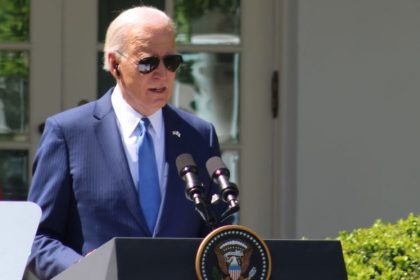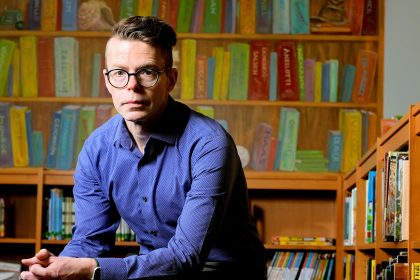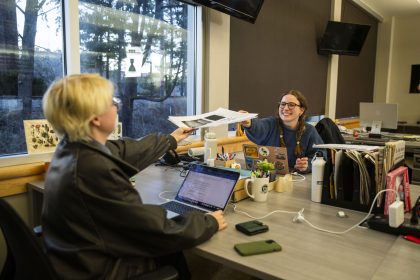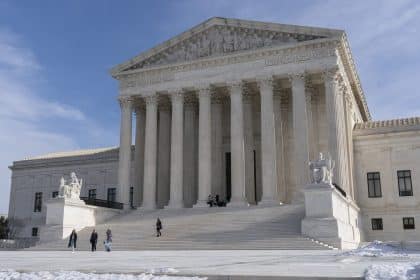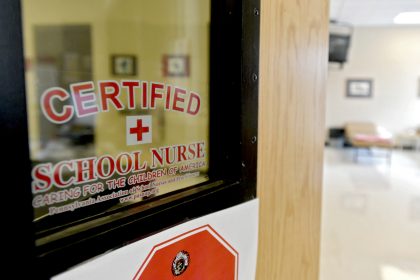Subsidized Broadband Benefit Program Available for K-12 Today

Amanda Schermerhorn recently majored in political science at Minnesota State Community and Technical College. During the pandemic, she often had to use her Detroit Lakes campus free wi-fi from her car in the parking lot, along with other students, just to finish her classwork due to the unreliable broadband connection in her rural Minnesotan community.
Her four school-aged children, like so many other K-12 students, did not have that option, she said today. She told her story on a press call during which the Federal Communications Commission Acting Chairwoman Jessica Rosenworcel and Secretary of Education Miguel Cardona spoke about the recently launched Emergency Broadband Benefit Program that provides eligible households with discounted, high-speed broadband service as well as devices like a tablet or a computer.
“Lower speeds means having to spend more time on classwork,” said Schermerhorn, who has found herself repeatedly waking up at 4 a.m. to finish her homework before waking up her children to help them with theirs.
And “not all communities have local broadband access,” she said. The numbers alone of disconnected communities illustrate how “crucial” programs like the EBB Program will be in closing the digital divide between communities that have broadband access and those that don’t.
“Roughly 16 million students lack adequate access to the internet,” Schermerhorn said. Twenty-one percent of those are in urban areas, 27% in suburban areas and 37% – which includes her household – are in rural areas. Nine million students, she charged, don’t even have proper devices.
Ronsenworcel said the “homework gap” between students who could not complete their homework due to this lack of access and those who could, has “[become] a full-fledged education gap” during the pandemic.
Starting today, the temporary program is making $3.2 billion available in discounts from $50 per month to eligible households, $75 for those on eligible tribal lands, and up to $100 for a one-time purchase of a device. Eight-hundred twenty-five broadband providers have committed to the program, Rosenworcel said, so families will be able to choose the service “with this 50-dollar support system” that best suits their cost and service speed needs.
Partnering up with the Department of Education, the FCC’s EBB is available for K-12 households that are receiving benefits under the National School Lunch Program or the School Breakfast Program and about 30,000 students attending Community Eligibility Provision schools under the Department of Agriculture. It is also eligible for recipients of Pell Grants, which are awarded to low-income and working students like Amanda enrolled in post-secondary education.
The program is supposed to last until six months after the Department of Health and Human Services announces the end of the pandemic, but Rosenworcel told reporters today that it will also serve as data points for future programs or any subsequent version of the temporary one.

















